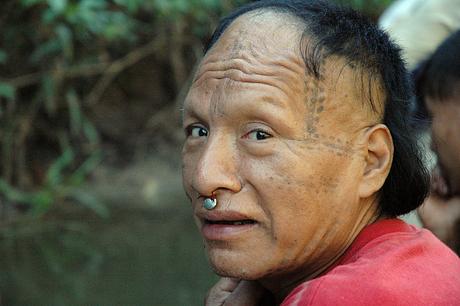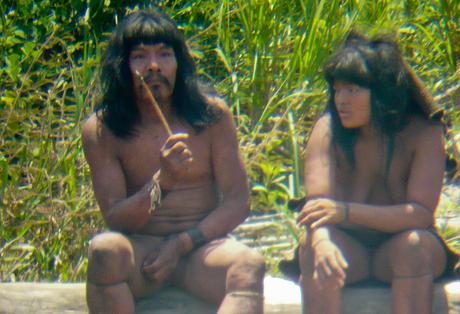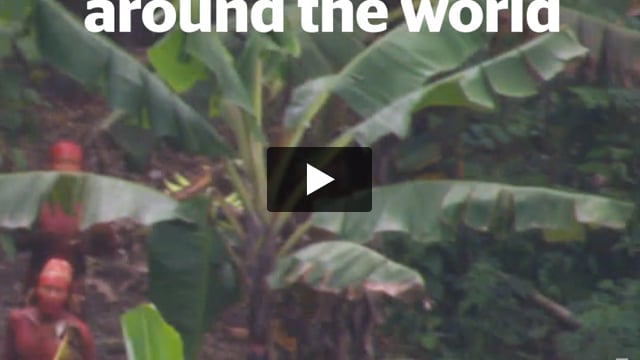UN report means no oil exploration on uncontacted tribes’ land
March 17, 2010

This page was last updated in 2010 and may contain language which is now outdated.
A report by a major UN body urges Peru’s government to suspend the hunt for natural resources on Indigenous land if the people living there have not given their full consent.
The urgent recommendation, made by the International Labour Organisation’s ‘Committee of Experts’, effectively means that no drilling for oil and gas should take place on land inhabited by uncontacted tribes.
The ILO’s report was published just before Anglo-French company Perenco revealed its plans to build an oil pipeline deep into the heart of uncontacted tribes’ territory, and while Repsol-YPF waits for permission from Peru’s government to detonate seismic explosions in the same region. Perenco denies the tribes exist, but Repsol says their existence is ‘possible’.
The ILO cites isolated Cacataibo Indians as an ‘emblematic’ example of the Peruvian government’s attitude to Indigenous peoples. An unknown number of Cacataibo live without contact with outsiders, but a Canadian oil company, Petrolifera, has signed a contract with the government to explore on their land.
‘The Committee encourages the government of Peru to suspend the exploration and exploitation of natural resources which are affecting the peoples covered by … Convention (169) until such time as the participation and consultation of the peoples concerned is ensured,’ says the ILO.
The ILO’s Convention 169 is the only international law for Indigenous people. Peru ratified it in 1994, but has consistently failed to abide by it.
Survival director, Stephen Corry, said today, ‘This is a desperately embarrassing setback for Peru’s government. It must heed the ILO’s recommendation and stop giving Indigenous land away to multinationals without the people’s consent – especially if it is inhabited by uncontacted tribes.’




